ADVERTISEMENT
Photos
Jean-Pierre Boyer and the promulgation of the Rural Code of 1826
Jean-Pierre Boyer's contributions to the country as its president included his negotiations with the French that made Haiti an independent nation, and his promulgation of the Rural Code of 1826. The latter act was in an effort to stop the sliding economy from sinking further, after a revolt in the 1790s of black slaves against the French was successful. Under the Rural Code, peasant workers were tied to their plantations. They weren't allowed to leave the land to start farms of their own or enter the towns. The step, however, was not successful in stopping the economic decline.
Christophe committed suicide, Jean-Pierre Boyer reunited Haiti without a single battle.
Jean-Pierre Boyer became President of the Haitian Republic in 1818, following a succession arrangement for the transition with former, then dead President Petion. A revision of the constitution, done two years before, had allowed the president to name his replacement to protect Haiti from outside intrusion. But Boyer also had to contend with inside intrusion in the form of Henri Christophe and the northern Kingdom of Haiti. This opposition would take care of itself as Christophe would commit suicide after a rebellion by his soldiers, leaving Boyer free to peacefully reunite the country.
Joseph Nemours Pierre-Louis, interim president of Haiti
Here is a picture of interim President, Joseph Nemours Pierre-Louis
Joseph Nemours Pierre-Louis, interim president of Haiti
Interim President, Joseph Nemours Pierre-Louis, was a lawyer by profession after a time spent teaching physics, until politics called him to lead in 1956. He became president following the exit in December that year of President Paul Magloire. As president of the Supreme Court, constitutionally, he was now the interim president of Haiti. He would serve in the post for less than two months before being succeeded by Franck Sylvain. During his brief time, he would announce the 1957 elections, seize the assets of the former president, and release Louis Dejoie.
Joseph Nérette and Joseph Raoul Cédras
Here is a picture Joseph Nérette and Joseph Raoul Cédras.
Following the rule of the leader of the Haitian Military Junta, Raoul Cédras, Haiti's 48th President, a post which was appointed illegally, and after the 1991 ousting of President Aristide, Joseph Nérette began a term of office as the country's provisional president. A former judge, Justice of the Supreme Court, and fixture on the political scene, Nérette would keep the post from October 8, 1991 to June 19, 1992. His death in 2007 at the age of 83 after a battle with lung cancer was well talked about.
President Boniface Alexandre with Prime Minister Gerard Latortue
Here is a picture of former haitian President Boniface Alexandre with his Prime Minister Gerard Latortue.
A few presidents ago, Haiti was faced with the President/Prime Minister team that was Boniface Alexandre and Gerard Latortue. The former became President following the 2004 coup on Jean-Bertrand Aristide. He and his former UN Prime Minister, Latortue, ran an administration that became the subject of reports worldwide of unlawful imprisonments, extrajudicial killings, excessive police force, unlawful killings, etc. During their run, their administration was not recognized by some international governments, though they were recognized by the U.N. and the United States.
Bronze Statue of Jean-Baptiste Pointe DuSable in Chicago hit by vandalism
Here is a picture of the statue for Haitian born Jean-Baptiste Pointe DuSable as it was recently the subject of vandalism. It was marked by black paint likely to prove a point on this Martin Luther King anniversary. The paint was successfully removed without any permanent damage
The Haitian born DuSable is credited for actually creating this major city of Chicago by opening Chicago's first trading post and settlement in the 1770s
A bust of Chicago's founder, born in ST. Marc, Haiti, was set upon by vandals during the anniversary of Martin Luther King. the statue is of Jean-Baptiste Point DuSable, who opened a trading post, the first in the city, driving people to the unsettled area in the 1770's. While the damage wasn't permanent, the defacing of the statue, in these racially sensitive times, has some thinking the prank had dire connotations, especially since it happened around Martin Luther King Day. The black paint, sprayed around the eyes of the statue, was removed with no permanent damage done to the bust.
New Haitian Cabinet sworn in as President Martelly to runs by decree
The new Haitian Cabinet was sworn in Monday (January 19, 2015) as President Michel Martelly will now run the troubled country without a parliament. A total of 20 ministers and more than a dozen secretaries of state were named and installed in a ceremony at the National Palace.
While President Michel Martelly has sworn in his brand new cabinet, those of the opposition who haven't been placated by the new changes to the political playing field have vowed to continue the protests that call for his immediate resignation. The President began his run in 2011 and is still in office following three years of suspended elections. He is set to leave office next year, but until then, seeing as the term for parliament members passed without a renewal, he will have until that time, free reign, ruling by Presidential decree.
Victor Benoit, Minister of Social Affairs and Labor
Here is a picture of the new Minister of Social Affairs and Labor, Mr Victor Benoit
Haiti's new Minister of Social Affairs and Labor is one Victor Benoit. Benoit was named among the President's new cabinet members in an announcement made by the new Prime Minister, Evans Paul. The names of the new ministers and over a dozen new state secretaries was made a week following President Martelly's start as de facto ruler. Others who made the cabinet includes Pierre Richard Casimir, Minister of Justice and Public Security and Jean Fritz, Jean-Louis, Minister Delegate to the Prime Minister in charge of electoral issues.
Rothschild Francis Junior, New Minister of Communication
Here is the picture of journalist Rothschild Francis Junior, New Minister of Communication.
Among the recently sworn in new members of the Haitian cabinet is the country's new Minister of Communications, Rothschild Francis Junior. The former journalist was ushered into his post along with over 12 state secretaries and 19 other ministers in a ceremony put on by President Michel Martelly and Prime Minister Evans Paul. Martelly's new consensus government includes half of the former ministers in his cabinet, with a few new additions. Even with all these new changes, including adding members of the opposition into key government roles, the continued threat of protests puts pressure on the President.
Minister Victor BENOIT and Michel Martelly
Here is a picture of Minister Victor BENOIT and Michel Martelly.
The term for the members of parliament expired and President Martelly ruled by decree. One of his first acts was to appoint a new 'consensus government' made up of pieces of his old cabinet, and new ministers from the opposition.
This act still couldn't find favor with the opposition, who were quick to find fault with the choices for cabinet. Those who are new include Labor and Social Affairs Minister Victor Benoit, and Minister of Interior Ariel Henry. Their appointment has not been the salve hoped for as, according to the former senate president, the changes are bringing on more problems, not solving any.

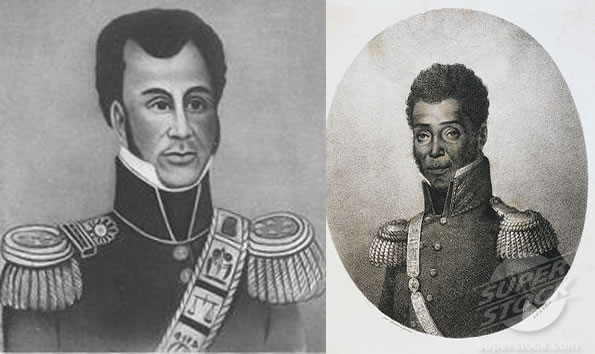
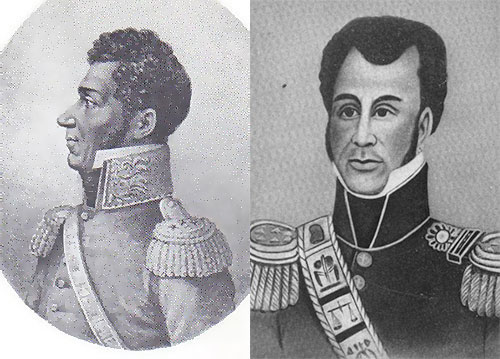
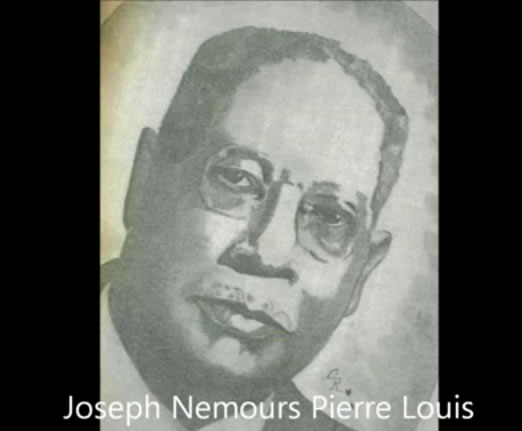
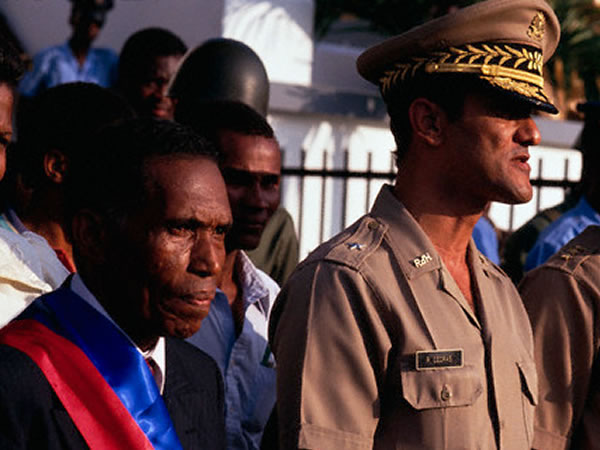

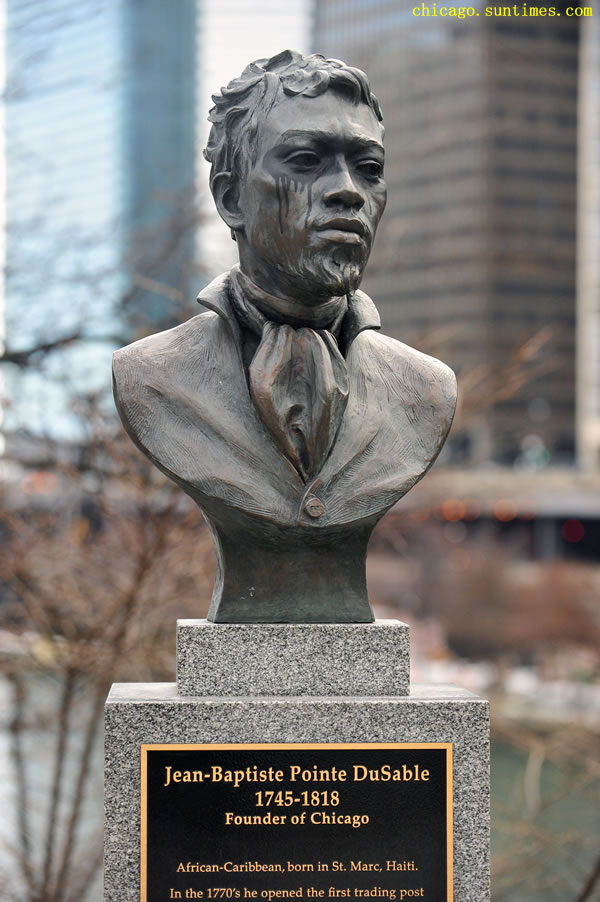
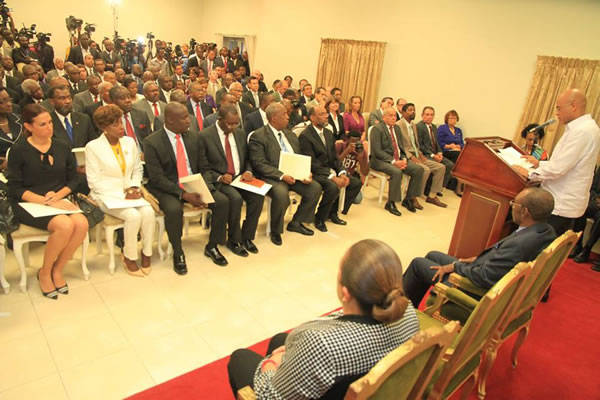


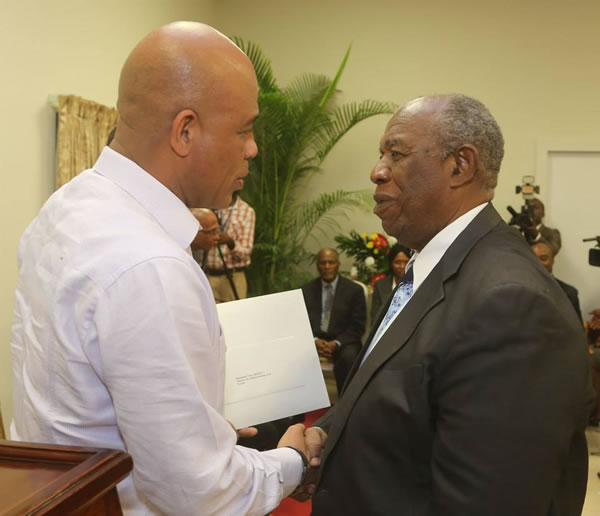
 Five personalities of the Haitian musical world awarded
Five personalities of the Haitian musical world awarded  Duty Free Americas (DFA) store at Toussaint Louverture...
Duty Free Americas (DFA) store at Toussaint Louverture...  François Nicolas Duvalier Potential Candidate for President of...
François Nicolas Duvalier Potential Candidate for President of...  Former PNH Chief, Godson Orelus, arrested for illegal arm...
Former PNH Chief, Godson Orelus, arrested for illegal arm...  Port-au-Prince on fire over gas prices hike
Port-au-Prince on fire over gas prices hike  Haiti Street Food, manje kwit or Chin Janbe, for $1 or less
Haiti Street Food, manje kwit or Chin Janbe, for $1 or less  The Petro Caribe Challenge hashtag
The Petro Caribe Challenge hashtag  Paul Eugène Magloire, born in Quartier Morin
Paul Eugène Magloire, born in Quartier Morin 



